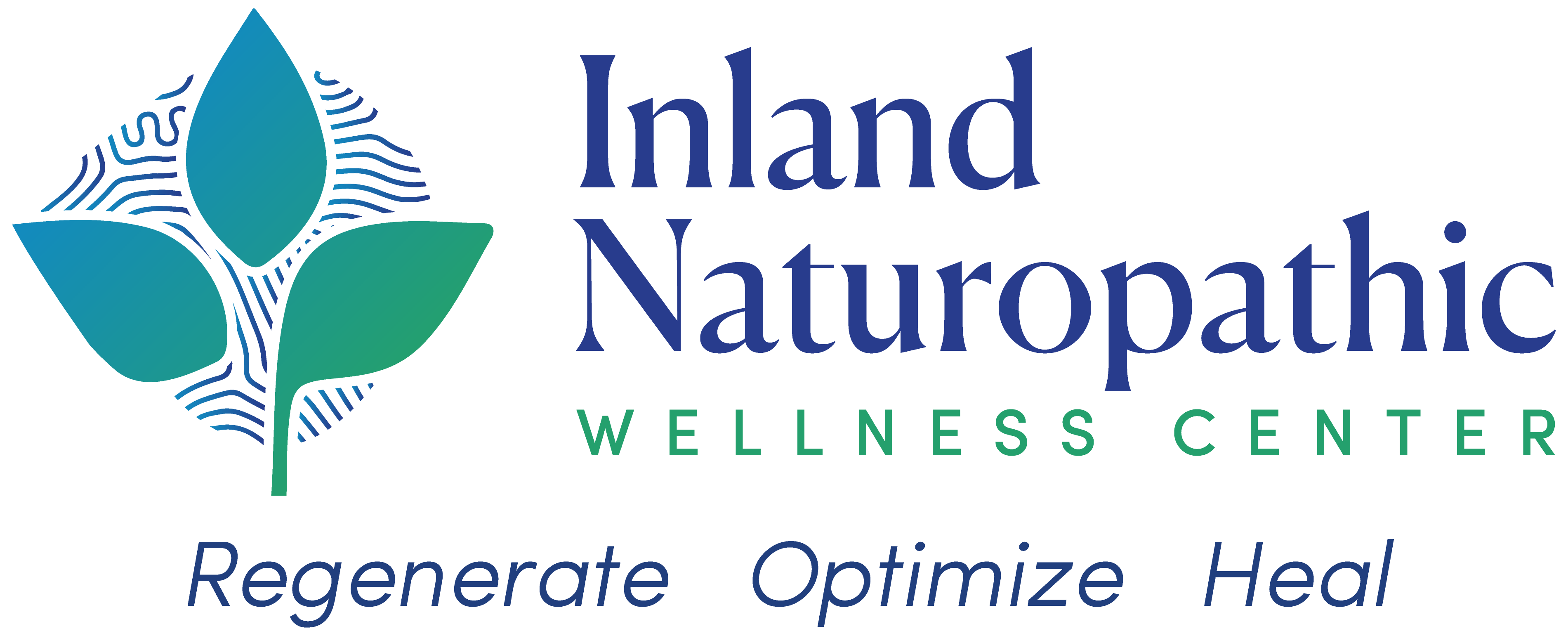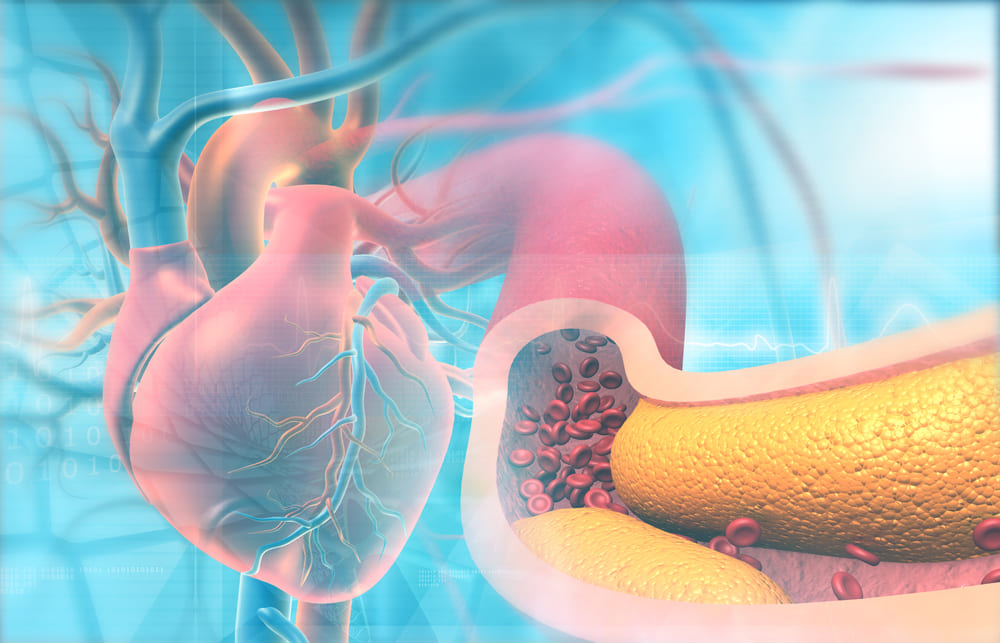Perhaps with any misconception there is some basis of truth. A healthy bit of skepticism along with evidence from the past that has since been disproven and even occasionally pseudoscience can set in motion misconceptions and myths that can be hard to dismantle. This may explain what some health scientist and doctors call “cholesterol denialism”. When matters of health and misinformation collide, consequences can have a negative impact on an individual’s mortality and can have a rippling effect through one’s family. With heart disease continuing to rank at the top of the list of causes of death in America, it is estimated that high cholesterol contributes to 2.6 million deaths globally each year, which is 4.5% of all deaths. Misconceptions about cholesterol stand front and center in importance. Here are three common misconceptions about cholesterol.
1) I am not concerned about my cholesterol; it does not cause heart disease.
The evidence for the relationship between high levels of cholesterol, namely low-density lipoprotein (LDL) cholesterol and heart disease is overwhelming. Not all research on the question has found a correlation, take mostly older and smaller trials. But they have been supplanted by evidence from larger and more numerous studies showing a strong correlation between higher cholesterol values with more heart disease and heart attacks. Studies in the 1970’s showed that lowering cholesterol by diet lowered the risk of heart attack. Early drug trials found that a modest cholesterol lowering effect lowered heart attacks rates. Published analyses of twenty-six trials showed lowering LDL cholesterol safely decreased rates of heart attacks and strokes. Moreover, some studies have shown that consistent maintenance of lower cholesterol values were associated with a full one-third less heart disease deaths in middle-aged adults. Higher LDL cholesterol values are indeed linked to higher rates of heart disease and cardiovascular events. The evidence is clear, lowering cholesterol lowers heart disease rates.
2) My arteries are healthy because my cholesterol values are normal
Unfortunately, you can have seemingly normal cholesterol levels and have unhealthy arteries. This is because high cholesterol is only one, albeit important risk factor for heart disease. Others risk factors for arterial disease are high blood pressure, diabetes, and smoking for example. Also, cholesterol is most often measured with a standard lipid panel alone. The LDL measurement included is done with older generation methods that lack accuracy. Additionally, LDL cholesterol can possess other risky traits, even if the value is within range. These traits include oxidation, the amount of small density lipoprotein particles, values of a particle called lipoprotein(a) and the size ratio of the LDL particles. All of these are easy to measure. These lipid abnormalities contribute to damaging the arterial wall and narrowing of the arteries. Not to mention other genetic, metabolic and inflammatory markers that are also linked to arterial disease.
3) My cholesterol is high; I can improve it with diet and exercise.
Actually, this is true for most people but a misconception for a few. I find that most, with regular exercise, a lowering of dietary trans and saturated fat, and eating more fiber containing foods and produce can effectively bring down elevated cholesterol values down to healthy levels and earn a reduced risk of heart disease. There are several supplements that can help the process along. Inherited high cholesterol or familial hyperlipidemia is the form that resistant to even strict and consistent lifestyle improvements. In these situations, even the addition of properly chosen supplements may yield only negligible improvements. Statins or other cholesterol lowering medications may be necessary and appropriate here.
Summary
Perhaps with any misconception there is a basis of truth. With heart disease continuing to rank at the top of the list of causes of death in America, misconceptions about cholesterol and its relationship to heart disease can have dire consequences. The evidence of the relationship between high levels of cholesterol, namely LDL cholesterol and heart disease is overwhelming. However, one can have seemingly normal cholesterol levels and still have unhealthy arteries. It is best to seek in-depth functional cholesterol and lipid profile testing for a truer since of lipid related risk factors. Fortunately, most people, with regular exercise, a lowering of dietary trans and saturated fat, and eating more fiber containing foods and produce can effectively bring down elevated cholesterol values to healthy levels. There are exceptions though, especially for individuals with familial hyperlipidemia. Statins or other cholesterol lowering medications are often appropriate here.
Dr. Ayo Bankole
Ayo Bankole is a licensed Naturopathic Doctor treating persons with heart disease, diabetes, inflammation, and other environmental and lifestyle related conditions. He also possesses advanced training in environmental medicine and uses IV nutritional therapy, detoxification, and chelation therapy.
He is a member of the American Academy of Anti-Aging Medicine www.a4m.com, American Academy for the Advancement of Medicine www.acam.org, the and the California Association of Naturopathic Doctors www.cand.org.
To learn more about our approach to treating heart disease call 909-981-9200 to schedule your FREE DISCOVERY CALL.

